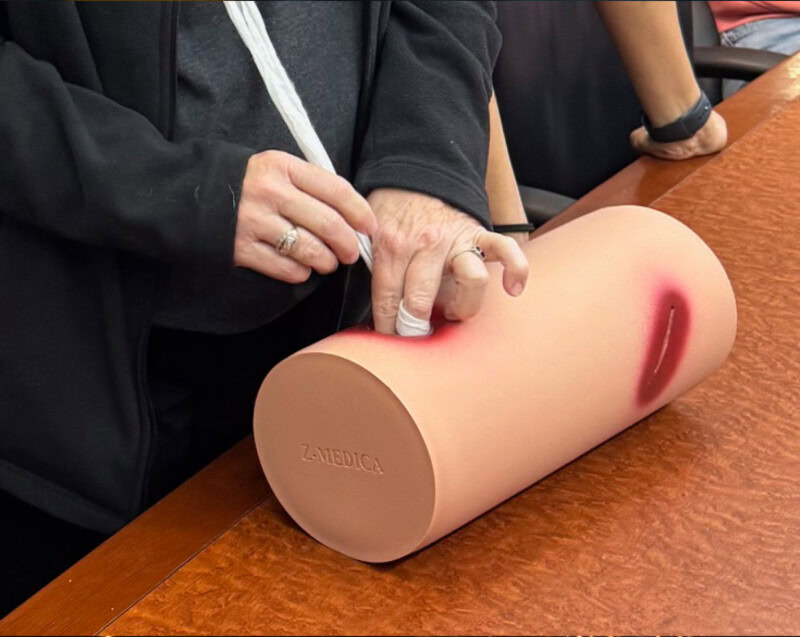It’s been two weeks since you contracted COVID-19. Your cough and headache are lessening, and your sense of smell and taste are slowly returning. But you’re still not feeling like yourself. In fact, it’s almost like you’re walking around in a fog.
Unfortunately, you may be suffering from a post-COVID condition, also known as long COVID or chronic COVID. The National Institutes of Health defines this condition as post-acute sequelae, or PASC, of the SARS-CoV-2 infection. According to a study in Clinical Infectious Diseases, 20 to 30 percent of people who recover from COVID-19 report lingering symptoms or chronic health problems.
To better understand long COVID, and how to help prevent it, we’re turning to our experts.
What is a long COVID?
It is a combination of symptoms in individuals who have passed the acute infection phase of the virus yet continue to exhibit COVID conditions for more than 30 days post illness onset. CDC states individuals suffering from long COVID can report “different types and combinations of health problems for different lengths of time.”
Who can get long COVID?
The CDC cautions long COVID symptoms “can happen to anyone who has had COVID-19, even if the illness was mild, or if they had no initial symptoms.” This includes children. Johns Hopkins University states, “long-term COVID in children is a possibility, showing up as fatigue, depression, shortness of breath, and other long-hauler symptoms.” Scientists do not currently know what causes long COVID.
What are the most common long COVID symptoms?
Individuals with long COVID may develop a wide range of symptoms, including brain fog, cough, chest pain, difficulty breathing, dizziness, fatigue, fever, gastrointestinal distress, headache, heart palpitations, joint pain, muscle pain, menstrual cycle disruptions, mental health complications, pins-and-needles, rash, sleep issues, and more. Health experts note these may or may not be the same symptoms experienced in the acute phase of their infections. Those with long COVID may also suffer from what the CDC labels “multiorgan effects or autoimmune conditions.”
How can individuals prevent long COVID?
The CDC says the “best way to prevent post-COVID conditions is by getting vaccinated against COVID-19 as soon as you can.” It recommends the vaccine for individuals 12 years and older, regardless of whether they’ve had COVID-19 or a post-COVID condition. In addition, the CDC urges all Americans to follow local health and safety guidelines, including wearing face masks in public, maintaining social distancing, and practicing hand hygiene. For additional guidance, individuals should consult with their health care providers.
Have more questions about COVID-19 prevention? Contact us at webquestion@cteh.com.
Any scientific or medical information included in this article is current as of the date of publication; however, public health knowledge of COVID-19 is rapidly developing. Readers are advised to monitor national, state and local public health agencies for current recommendations regarding any infectious disease.




